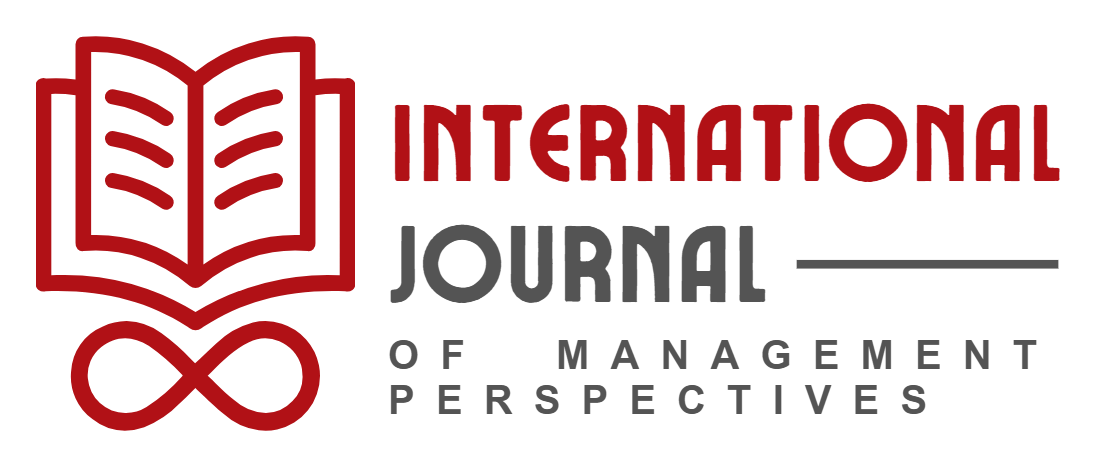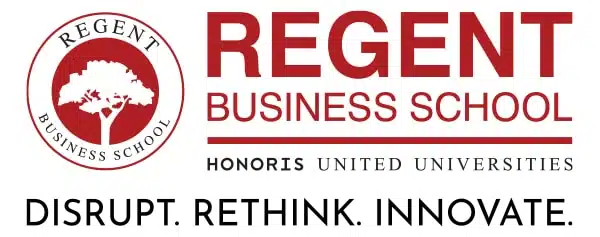Amidst the intricate tapestry of South Africa, where the pervasive spectre of the HIV/AIDS crisis casts a formidable shadow over countless lives, businesses find themselves standing at a pivotal crossroads — a unique juncture to emerge as catalysts of profound societal transformation. This juncture gains unparalleled significance as South Africa grapples with the formidable distinction of harbouring the world’s most extensive HIV epidemic (Zuma et al., 2022). Within this challenging milieu, KwaZulu-Natal (KZN) bears the weight of the nation’s most substantial provincial burden, encompassing a staggering two million individuals grappling with HIV, among them 76,000 vulnerable children (Horak et al., 2023). Against this backdrop of urgency and necessity, this discourse from Regent Business School’s Academic Head from the School of Healthcare Management aims to unveil the intricate tapestry of possibilities awaiting businesses in South Africa. It sheds light on the multifaceted avenues through which enterprises can wield their influence, focusing intently on the seamless integration of corporate social responsibility (CSR) initiatives, holistic employee wellness programmes, and purposeful community engagement endeavours.
Employee wellness programmes stand as a linchpin in the corporate battle against HIV/AIDS. These initiatives not only bolster workforce health but also play a crucial role in stemming the spread of this virus. Companies like *Anglo American and Standard Bank provide noteworthy examples, implementing routine health screenings, workshops, and awareness campaigns that educate employees, diminish stigma, and foster a healthier workplace culture *(Anglo American, 2023; Standard Bank, 2023).
To craft and implement effective employee wellness programmes, businesses should heed a range of practical recommendations. Regular health check-ups, including HIV testing, enable early detection and swift intervention. Comprehensive workshops covering medical, social, and psychological aspects promote understanding and empathy. Offering access to counselling and support services establishes a safe space for employees to discuss concerns and seek guidance. Inclusive policies that champion non-discrimination create a supportive environment, reducing stigma and nurturing a sense of belonging.
Beyond the workplace, businesses must actively engage with local communities to address the broader HIV/AIDS epidemic. Community engagement initiatives that transcend token gestures have the potential to leave a lasting impact. Successful examples include the efforts of *Vodacom and Pick ‘n Pay, which have implemented community programmes focusing on HIV/AIDS education, prevention, and support *(Niyonzima J, 2023; Vodacom, 2023).
To build authentic and sustainable relationships with communities, businesses can employ various strategies. Collaborating with local NGOs, healthcare providers, and educational institutions taps into local expertise and resources, enhancing initiative impact. Tailoring awareness campaigns to the specific needs and cultural contexts of local communities ensures relevance and resonance. Investing in programmes that empower community members with knowledge and skills to independently tackle HIV/AIDS challenges contributes to initiative long-term sustainability. Maintaining open and transparent communication with communities, involving them in initiative design and evaluation, ensures effectiveness and fosters a sense of ownership and partnership. Likewise, businesses can broaden their influence by fostering cross-sector collaboration. Aligning efforts and resources with government agencies and non-governmental organisations (NGOs) amplifies initiative impact, establishing a more comprehensive and effective response.
Amidst the complexities of the modern business landscape, businesses should not overlook the profound influence they can wield as agents of positive change, fostering a healthier and more resilient society. In contemplating the way forward, it’s crucial for businesses to consider the broader socio-economic impact of HIV/AIDS, extending beyond immediate health concerns to encompass issues like poverty, education, and gender inequality. Addressing these interconnected challenges requires a holistic and sustainable approach — one that businesses, with their resources and influence, are well-positioned to champion.
One avenue for deeper impact is investing in education and awareness programmes that stretch beyond the workplace and into the communities businesses serve. By arming individuals with knowledge about HIV/AIDS, its transmission, and prevention, businesses contribute to building a more informed and resilient society, supporting broader national efforts to combat the epidemic. Additionally, businesses can play a role in addressing gender disparities that contribute to the spread of HIV/AIDS. Women, particularly in certain demographics, face heightened vulnerability (Mabaso et al., 2019) . By implementing policies and programmes that empower and protect women in the workplace and the community, businesses contribute to a more equitable and inclusive society.
To amplify the impact of their initiatives, businesses can harness technology and innovation. Mobile health apps, telemedicine, and online education platforms offer scalable solutions to reach a broader audience. By leveraging digital tools, businesses can overcome geographical barriers and disseminate vital information and support.
Businesses in South Africa hold the potential to be potent allies in the fight against the HIV/AIDS epidemic. By embracing sustainable practices, fostering employee wellness, engaging with local communities, and collaborating across sectors, companies can contribute to a comprehensive and enduring response. As we navigate the complexities of the modern business landscape, let’s recognise the profound influence that businesses can wield as agents of positive change, creating a healthier, more informed, and resilient society for all.


